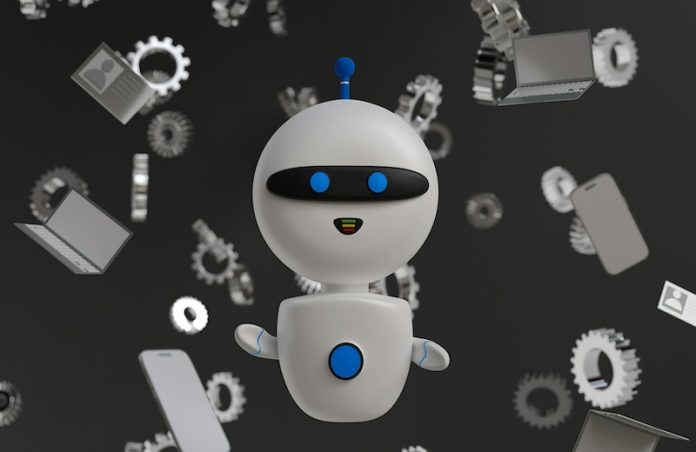
Virtual personal assistants, like Siri, Alexa, and Google Assistant, have become a part of everyday life for millions of people.
They can set reminders, play music, answer questions, and even control smart home devices.
But recent advancements in artificial intelligence (AI) are taking these assistants to a whole new level, making them smarter, more helpful, and more personalized than ever before.
At the core of these virtual assistants is natural language processing (NLP), a branch of AI that helps machines understand and respond to human speech. In the early days, assistants could only handle simple, pre-programmed commands, often struggling with anything beyond basic requests.
Now, thanks to advances in machine learning, they can carry on conversations, understand context, and even learn from their interactions with users.
One major breakthrough is the use of large language models, like OpenAI’s GPT technology. These models are trained on enormous amounts of text data, enabling them to understand complex language patterns and generate responses that sound natural.
For example, modern AI assistants can now answer open-ended questions, provide detailed explanations, and even tell jokes or stories. This makes interacting with them feel less like talking to a machine and more like chatting with a helpful companion.
Personalization is another area where AI-powered assistants are making big strides. These systems can now learn your preferences, habits, and routines to offer more tailored suggestions.
For instance, they might remind you to leave early for an appointment based on current traffic conditions, suggest recipes using ingredients in your fridge, or recommend movies based on your viewing history. This personalization is powered by algorithms that analyze patterns in your data to predict what you might need or want.
AI assistants are also getting better at handling complex tasks. Instead of just setting a single reminder, they can now plan an entire schedule or coordinate multiple steps for a project.
For example, you might ask an assistant to plan a dinner party, and it could suggest recipes, create a shopping list, and even set reminders for when to start cooking. This level of functionality is possible because of advancements in multi-task learning, where AI systems can perform several related tasks at once.
One exciting development is the integration of virtual assistants with other technologies, like smart devices and apps. Assistants can now control everything from thermostats and lights to security cameras and fitness trackers.
They can also connect with productivity tools like calendars and email to help you stay organized. This seamless integration makes it easier to manage your life with just a few voice commands.
Despite these advancements, challenges remain. Understanding accents, dialects, or noisy environments can still trip up even the most advanced systems. Privacy is another concern, as virtual assistants rely on collecting data to function effectively.
Many people worry about how this data is stored and used, and companies are working to address these concerns by improving transparency and offering more user control.
AI-powered assistants are also becoming more inclusive. Developers are training models to understand multiple languages and even switch between them during a conversation. This is particularly helpful for multilingual households or people who use more than one language in their daily lives.
In the workplace, virtual assistants are being designed to boost productivity. Tools like Microsoft’s Cortana and Salesforce’s Einstein Voice can help with tasks like managing emails, scheduling meetings, and analyzing business data.
By automating repetitive tasks, these assistants free up time for more creative and strategic work.
AI-powered virtual assistants are no longer just a convenience—they’re evolving into essential tools that can make life easier, more organized, and even more enjoyable. With continued innovation, they are likely to become even more capable, helping us navigate the complexities of modern life.
With AI at the helm, virtual assistants are becoming more than just helpful tools—they’re companions designed to simplify our lives and help us achieve our goals.
Copyright © 2025 Knowridge Science Report. All rights reserved.



